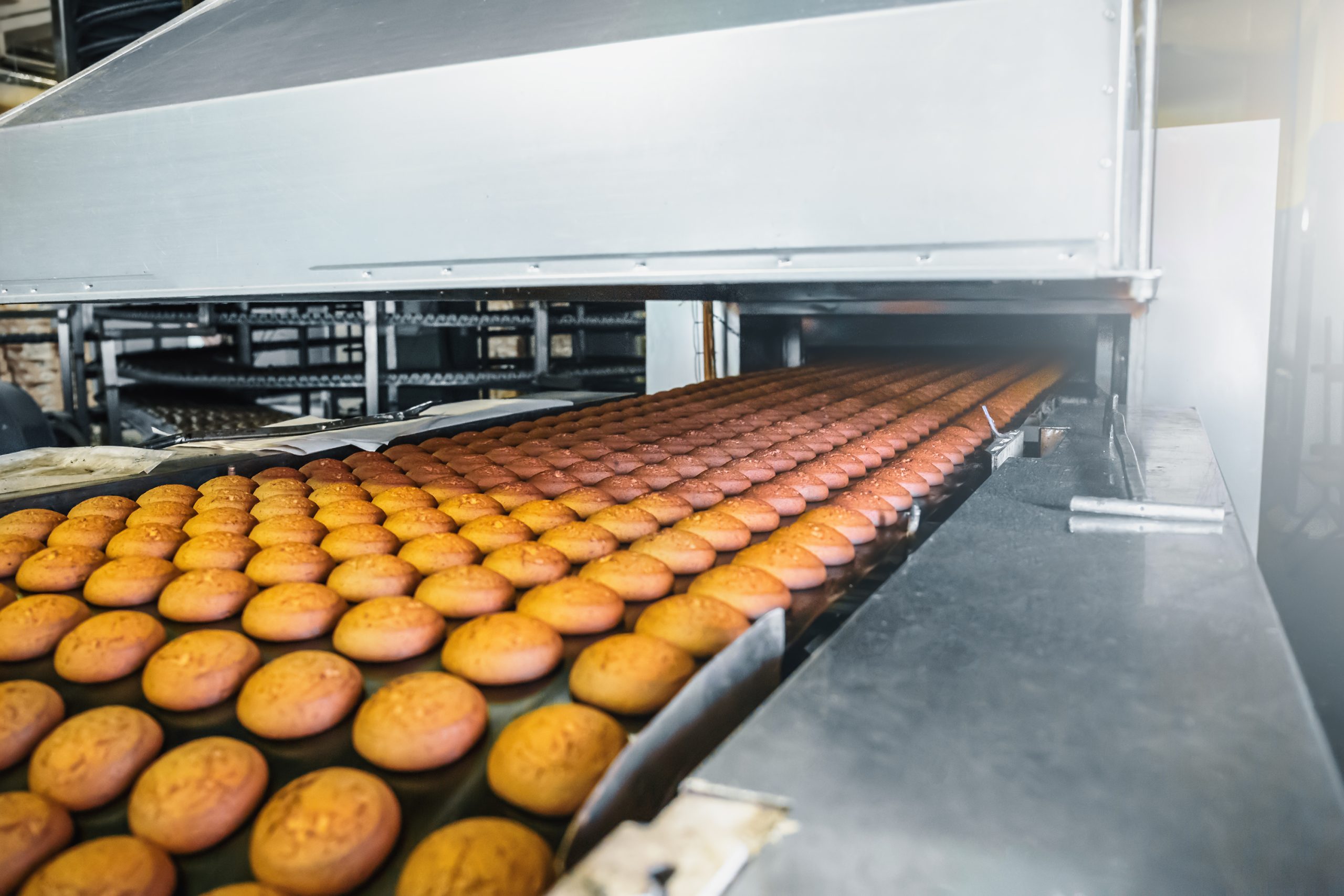
Efficiency in a Nutshell
Conveyor systems are the backbone of numerous industries, enabling seamless and efficient material movement throughout production processes. At Russell Conveyor & Equipment, we excel in delivering state-of-the-art industrial conveyor solutions customized to fulfill a wide array of manufacturing requirements.
Understanding Conveyor Speed

Conveyor speed, defined as the velocity at which materials traverse the conveyor belt, is pivotal in determining throughput—the quantity of goods transported within a given timeframe. This metric directly influences production efficiency and is subject to a range of variables including material type, operational demands, and environmental factors. Achieving the optimal conveyor speed is crucial for maximizing productivity and improving production efficiency across the supply chain.
Higher conveyor speeds typically correlate with increased throughput, which can boost overall productivity. However, this must be carefully balanced with considerations such as product integrity and equipment capabilities to ensure sustained efficiency. Efficient material handling hinges on accurately calibrated speeds, which help mitigate bottlenecks, promote smooth material flow, and minimize idle time in production processes.
Moreover, optimizing conveyor speed can yield significant reductions in energy consumption, underscoring the importance of striking a precise balance between speed and energy efficiency to enhance key performance indicators across industrial operations.
The impact of conveyor speed on production efficiency is profound:
Throughput Optimization and Output Rates: Higher speeds generally result in increased throughput but must be balanced with other factors like product integrity and equipment limitations.
Efficiency of Material Handling: Properly calibrated speeds minimize bottlenecks, ensuring smooth material flow and reducing idle time.
Energy Consumption: Adjusting conveyor speed can significantly affect energy usage, making it essential to find the optimal balance between speed and energy efficiency.
In summary, optimizing conveyor speed not only increases productivity and throughput but also enhances production efficiency throughout the supply chain. Finding the right balance in conveyor speed management is essential for maximizing operational performance and achieving optimal outcomes in modern industrial environments.
Analyzing Conveyor Capacity

Conveyor capacity refers to the maximum amount of material that a conveyor system can handle over a specified time period. Factors influencing capacity include belt width, angle of incline, and the type of material being conveyed. Matching conveyor capacity to production demands is crucial for maintaining efficiency and preventing system overload.
In industries such as mining and food processing, where high volumes of materials are handled, achieving and maintaining optimal conveyor capacity is essential for meeting production targets and ensuring operational reliability.
Relationship Between Speed, Capacity, and Efficiency

The relationship between conveyor speed and capacity is intricate yet critical for maximizing production efficiency:
- Optimal Speed for Throughput: Finding the right balance between conveyor speed and material flow is key to maximizing throughput without compromising product quality.
- Efficient Operation: Properly aligned speed and capacity parameters minimize downtime and maintenance costs, enhancing overall equipment effectiveness (OEE).
- Case Studies: Examples from various industries highlight successful strategies in optimizing conveyor performance by adjusting speed and capacity to match specific production needs.
Technological Advances and Best Practices
Advancements in conveyor technology have revolutionized how speed and capacity are managed:
- Variable Speed Drives: These allow for precise control over conveyor speed, adapting to fluctuating production demands and optimizing energy consumption.
- Monitoring Systems: Real-time data analytics enable proactive maintenance and early detection of potential issues, ensuring continuous operation and minimizing downtime.
- Best Practices: Regular maintenance, calibration, and adherence to industry standards are crucial for maximizing the lifespan and efficiency of conveyor systems.
Impact on Production Efficiency
The benefits of optimizing conveyor speed and capacity are manifold:
- Increased Throughput: Efficiently managed conveyor systems can significantly boost production output, meeting customer demands more effectively.
- Cost Savings: Reduced energy consumption and minimized downtime translate into lower operational costs and improved profitability.
- Enhanced Efficiency Metrics: Improvements in OEE metrics reflect enhanced overall production efficiency and reliability.
Conclusion
Conveyor speed and capacity are not merely technical considerations but pivotal factors in achieving optimal production efficiency and competitiveness in today’s industrial landscape. At Russell Conveyor & Equipment, we understand the complexities involved and offer tailored solutions to maximize the performance of your conveyor systems.
As industries evolve, so too do the demands placed on conveyor technology. By leveraging innovative solutions and best practices, companies can stay ahead of the curve, ensuring their operations remain efficient, reliable, and cost-effective.
Evaluate your current conveyor systems to see how optimizing speed and capacity could enhance your production efficiency. Contact Russell Conveyor & Equipment today for expert consultation and solutions tailored to your industrial needs!
Thank you for joining us in exploring the impact of conveyor speed and capacity on production efficiency. Stay tuned for more insights and industry updates from Russell Conveyor & Equipment!
